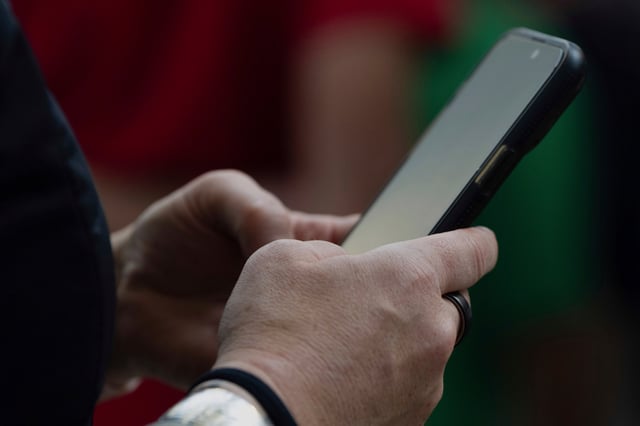Overview
- The Heidelberg–Cologne team restricted participants to voice calls and work tasks, excluding social media and entertainment apps for the intervention period.
- Pre‑ and post‑measures included psychological tests and MRI scans using phone‑related stimuli to assess changes in attention, emotion regulation and functional connectivity.
- After 72 hours, results indicated reorganization of brain connections alongside improvements in attention and emotional regulation.
- Phone cues engaged dopamine‑ and serotonin‑linked circuits associated with addictive processes, with researchers flagging greater vulnerability in people at risk of excessive use, particularly younger users.
- Coverage situates the findings within broader concerns about screen overuse, noting the small, short‑term sample (25 people ages 18–30) and citing context such as Oxford University Press’s 2023 term “brain rot” and Fundación ANAR data on tech‑related harms.

